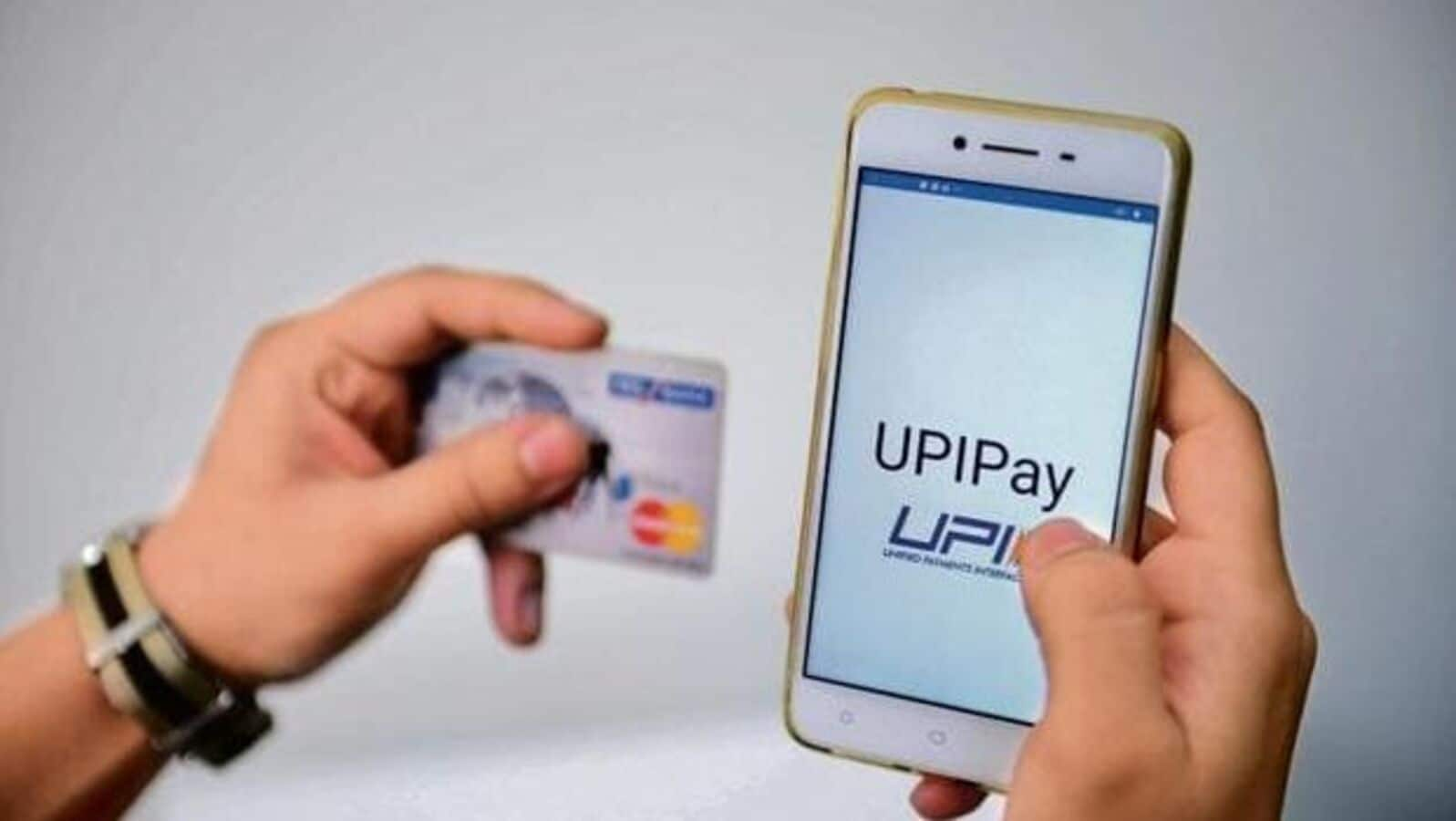Unified Payments Interface (UPI), which has become the world’s most popular alternative payment method (APM), processed transactions worth ₹80.8 lakh crore ($964 billion) in April-July 2024, a sharp year-on-year increase of 37% compared to the same period last year.
Transaction metrics and global comparison
UPI processed a staggering 3,729.1 transactions per second and 117.6 billion transactions were processed on the platform in 2023, the highest number in the world, according to Paysecure, a global payments hub serving all industries and verticals.
It surpassed major global payment platforms such as China’s Alipay, Paypal, and Brazil’s PIX in the number of transactions. The 3,729.1 transactions per second is a 58% increase from the 2,348 transactions per second recorded in 2022. The value of transactions made on the platform amounted to $2.19 trillion during 2023.
Transactions on UPI totaled a huge sum ₹20.64 lakh crore in July this year or around $247 billion, the highest value ever reached by the platform for a month. The value of transactions processed has remained above ₹20 lakh crore for three consecutive months now.
Most countries use some form of APM, and central banks create real-time payment options for customers. This has enabled a large number of people to make payments and transfer money online. To put the global rise of alternative payment methods into perspective, the Paysecure team examined 40 of the leading alternative payment methods around the world to reveal how many transactions they processed every second.
UPI Expansion and Future Prospects
“The APM that had the most transactions in our report was Unified Payments Interface (UPI). India is a global leader in digital transactions, withMore than 40% of payments are made digitallyand UPI is used for most of them,” Secure payment saying.
“We are adding more channels to UPI. So the ability to transact across multiple platforms has increased,” says Deepak Chand Thakur, co-founder and CEO of UPI. Not available“While UPI started out as a simple transaction tool, they have now added credit cards, prepaid wallets, and prepaid vouchers, among others, to the ecosystem,” he says.
“From 300 million users, UPI now has over 400 million. Earlier, transactions were done only through bank accounts, but now interoperability has increased a lot,” says Thakur. The increase in transaction channels has made UPI the most popular payment platform, he says.
“UPI growth will double both in value and volumes over the next 2-3 years as new products are launched on the platform,” says Rahul Jain, CFO, UPI. NTT India Paid Data Services“Almost 300 million people who have smartphones do not use UPI to make payments at the moment, so the potential is huge. RuPay “Credit cards (virtual credit cards) and the newly launched credit line on UPI will drive growth,” he said.
Alternative payment methods around the world
APMs denote payments made without using the debit card, credit card from a bank or cash. They have gained huge popularity in recent years due to their sheer convenience without incurring huge charges. APMs include real-time payments like UPI, digital wallets, mobile payments, online banking, coupon-based payments, and buy now pay later options.
Skrill, a digital wallet used in over 100 countries, came in a distant second in terms of the number of APM transactions worldwide, with 49 billion transactions in 2023 or 1,553.8 transactions per second, according to the data. PIX, a real-time payments system identical to UPI developed by Brazil’s central bank, came in third with 42 billion transactions or 1,331.8 transactions per second. Popular Chinese digital wallet Alipay came in fourth with 36.5 billion transactions or 1,157.4 transactions per second.
Origin and regulation of UPI
UPI is a real-time payments system developed by the National Payments Corporation of India (NPCI) that allows users to transfer money instantly. It is regulated by the Reserve Bank of India (RBI) and has been in use since 2016.
“Almost every country uses some form of alternative payment, and many central banks are even creating their own real-time payment options to enable more citizens to make payments and transfer money online. Diversifying payment options is beneficial to society, as it makes banking accessible to even the most remote people,” Paysecure said.
Allirajan M is a journalist with over two decades of experience. He has worked with several leading media organisations in the country and has been writing on mutual funds for nearly 16 years.
Catch all the Instant personal loan, Commercial loan, Business News, Money news, Breaking News Events and Latest news Updates in Live Mint. Download Mint News App for daily market updates.
FurtherLess
Disclaimer:
The information contained in this post is for general information purposes only. We make no representations or warranties of any kind, express or implied, about the completeness, accuracy, reliability, suitability or availability with respect to the website or the information, products, services, or related graphics contained on the post for any purpose.
We respect the intellectual property rights of content creators. If you are the owner of any material featured on our website and have concerns about its use, please contact us. We are committed to addressing any copyright issues promptly and will remove any material within 2 days of receiving a request from the rightful owner.

